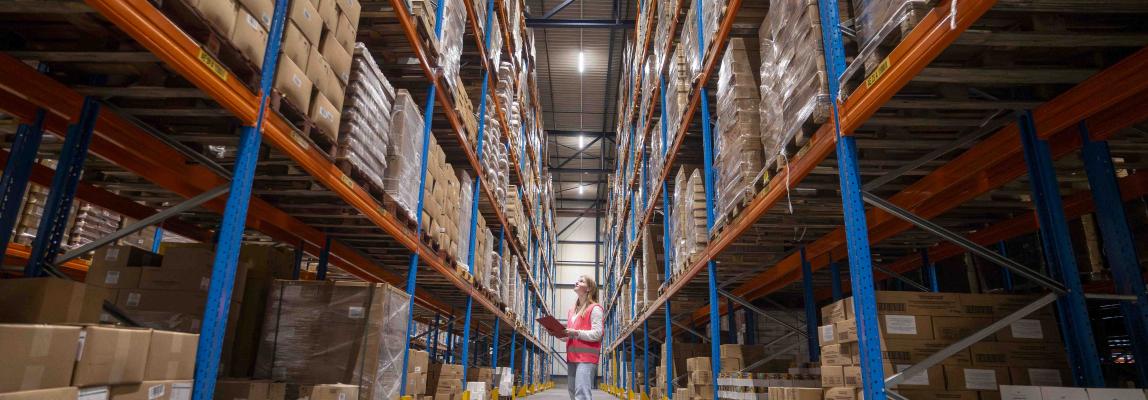
No ‘Delivery Shame’ Needed During the Holidays
12/03/2024 - 09:04
Having millions of online purchases delivered home during the holiday season is often more sustainable than generally assumed. According to Hans Quak, Professor of Smart Cities and Logistics at Breda University of Applied Sciences (BUas), better communication can also resolve consumer dissatisfaction with late deliveries.